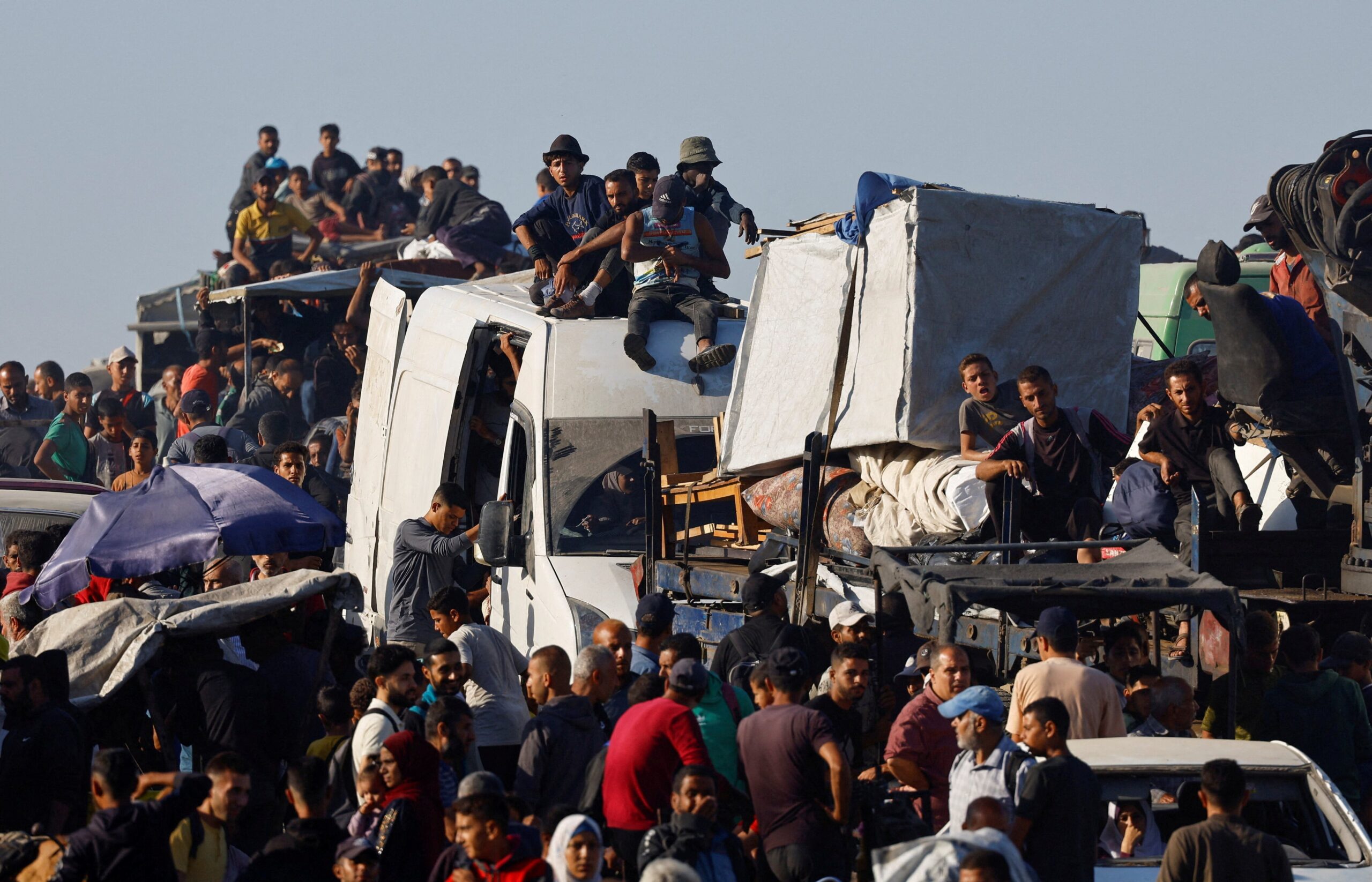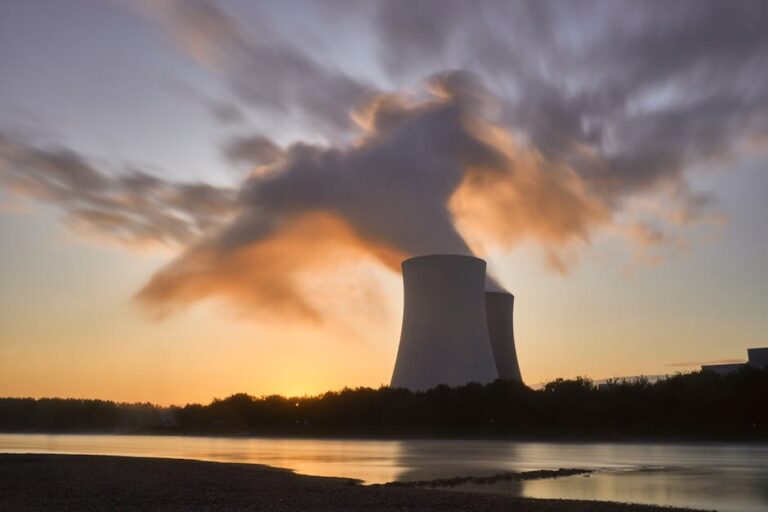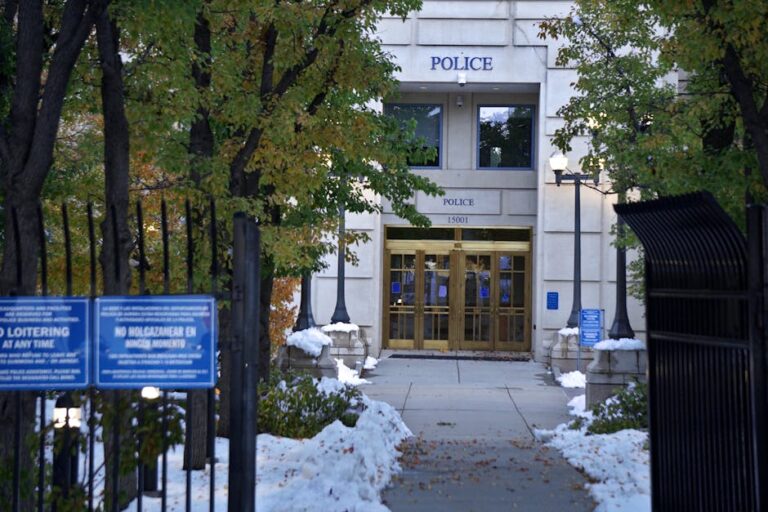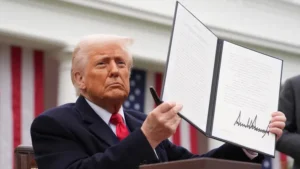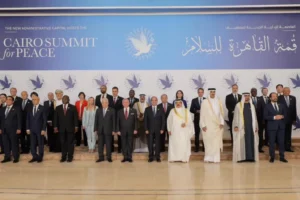In what could mark a turning point in one of the most violent and prolonged conflicts in the Middle East,Israel–Hamas have agreed to a fragile ceasefire brokered by the United States and regional mediators. The truce, which took effect late Thursday, has allowed for the long-awaited exchange of prisoners and hostages raising hopes, and skepticism, across both sides of the divide.
According to officials, Israel has begun releasing around 2,000 Palestinian detainees, including dozens who have spent years in prison. In return, Hamas has freed 48 Israeli hostages who were captured during last year’s intense fighting in Gaza. The exchange is being hailed as the largest humanitarian swap since the 2011 Gilad Shalit deal, but it also exposes the deep wounds that continue to define Israeli-Palestinian relations.
Ceasefire Israel-Hamas Brings Brief Relief After Months of Violence
The ceasefire follows months of escalating airstrikes, rocket attacks, and ground clashes that devastated Gaza and left much of the region on edge. For families in both Israel–Hamas, this temporary calm offers a moment to breathe. In Gaza City, hundreds of displaced residents began returning to what remains of their homes, while humanitarian aid trucks entered through the Rafah and Kerem Shalom crossings for the first time in weeks.
However, Israeli officials have warned that the truce remains conditional and fragile. Prime Minister Benjamin Netanyahu emphasized that the ceasefire “does not mean surrender” and that operations against Hamas “will continue if the group violates the terms.” Meanwhile, Hamas officials declared that disarmament is “out of the question,” signaling the deep mistrust that still defines their relationship.
The Role of the U.S. and Regional Mediators
The United States, Egypt, and Qatar played key roles in negotiating this agreement. U.S. Secretary of State Antony Blinken described it as a “critical step toward stability,” though he cautioned that “lasting peace will require far more than a temporary truce.” Analysts say Washington’s renewed engagement reflects both strategic and humanitarian concerns, as tensions in the Middle East risk destabilizing neighboring regions.
Egypt, which has often served as a mediator between Israel–Hamas, has reportedly secured commitments to expand humanitarian access to Gaza, while Qatar has facilitated communication between the parties. International observers have praised the cooperation but warn that any renewed violence could undo months of diplomacy overnight.
Public Reactions: Hope and Hesitation
In Tel Aviv, crowds gathered in Rabin Square holding photos of the released hostages and calling for all captives to be brought home. “We’re grateful, but we’re not celebrating yet,” said Yael Cohen, whose cousin remains missing. “Until everyone is safe, none of us can rest.”
In Gaza, the atmosphere was equally complex part joy, part exhaustion. Families waited for buses carrying newly released prisoners, waving flags and chanting “freedom.” For many Palestinians, the exchange represents not just relief but also symbolic recognition of their struggle. Yet, amid the celebrations, the scars of war remain visible everywhere from destroyed buildings to overwhelmed hospitals.
A Step Toward Peace or Just Another Pause?, Israel–Hamas

While the prisoner exchange is a major humanitarian development, experts warn that it does not resolve the underlying conflict. Without addressing core issues such as the blockade on Gaza, Israeli security concerns, and the future of Palestinian governance any peace effort may remain short-lived.
Still, even critics admit the truce has given diplomacy a rare window of opportunity. “It’s not peace, but it’s progress,” said Middle East analyst Dr. Laila Hassan. “Both sides have shown they can make painful concessions. That’s where real negotiations begin.”
As the world watches cautiously, the question remains: Can this ceasefire evolve into something more lasting or will history repeat itself? For now, families on both sides cling to hope, however fragile, that this time, the guns might finally stay silent.




